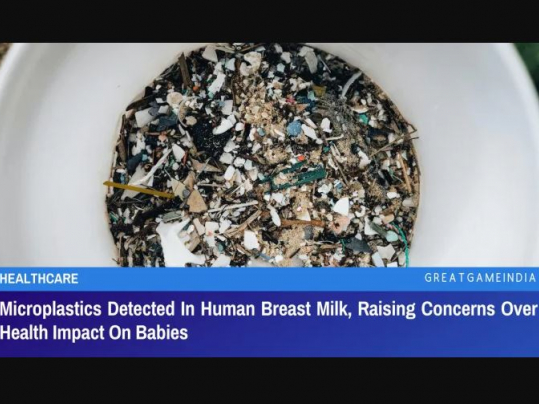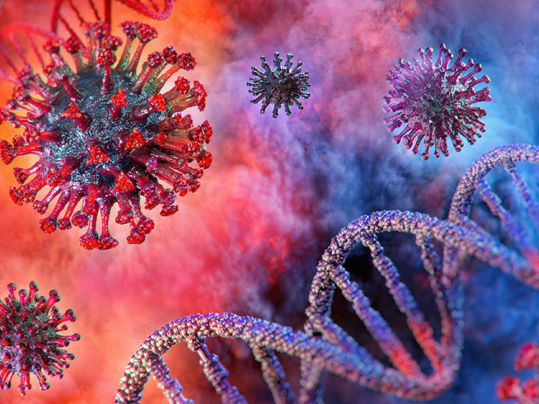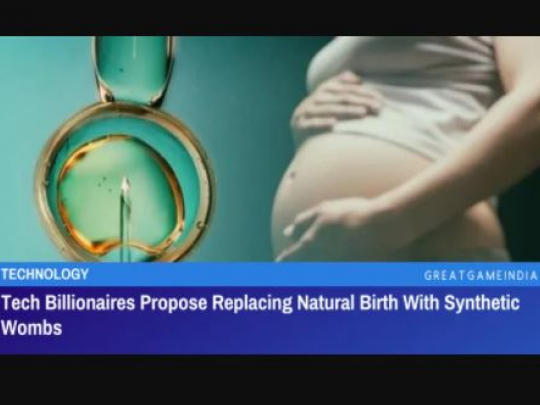Having more kids makes women age faster – study

Children could be shortening the lifespan of women, according to a new study. But the finding is not down to the stress of motherhood, rather pregnancy might be making women’s cells age more rapidly.
A new study by Caled Ryan and Christopher Kuzawa of Northwestern University, Illinois has signalled that the more children a woman has the more she appears to show signs of accelerated aging.
Published this month in the Nature research journal, the study analysed telomeres, the strands on human DNA that eventually degrade with time and contribute to the aging of cells, in more than 3,000 Filipino women between the ages of 20-22.
Teach kids how to get pregnant, UK doctors say https://t.co/7gX8oAJ1bv
— RT UK (@RTUKnews) March 2, 2018
According to the documented research, it was found that telomere length and health decreased whilst DNA age increased with the number of times a woman has been pregnant. Basically, women who have more children are more likely to have physical traits of someone older than their years.
Interestingly, the research revealed that the cell age of women who were pregnant during the investigation was temporarily less than it should be, suggesting that over the long-term there appears to be a lasting biological cost to pregnancy rather an immediate change.
“Our findings provide evidence that reproduction in women carries costs in the form of accelerated aging through two independent cellular pathways,” the research stated.
Uproar over contraceptive app after 37 users fall pregnant https://t.co/80fbOUvvrc pic.twitter.com/4RWRe8r9Ef
— RT (@RT_com) January 14, 2018
Caled Ryan, one of the lead authors of the research, explained that by measuring two key biomarkers, the team were able to theorize that cellular aging was accelerated between 0.5 and two years for each pregnancy.
“Telomere length and epigenetic age are cellular markers that independently predict mortality, and both appeared ‘older’ in women who had more pregnancies in their reproductive histories,” Ryan said in a statement.
“Even after accounting for other factors that affect cellular aging, the number of pregnancies still came out on top.”
- Source : RT


















